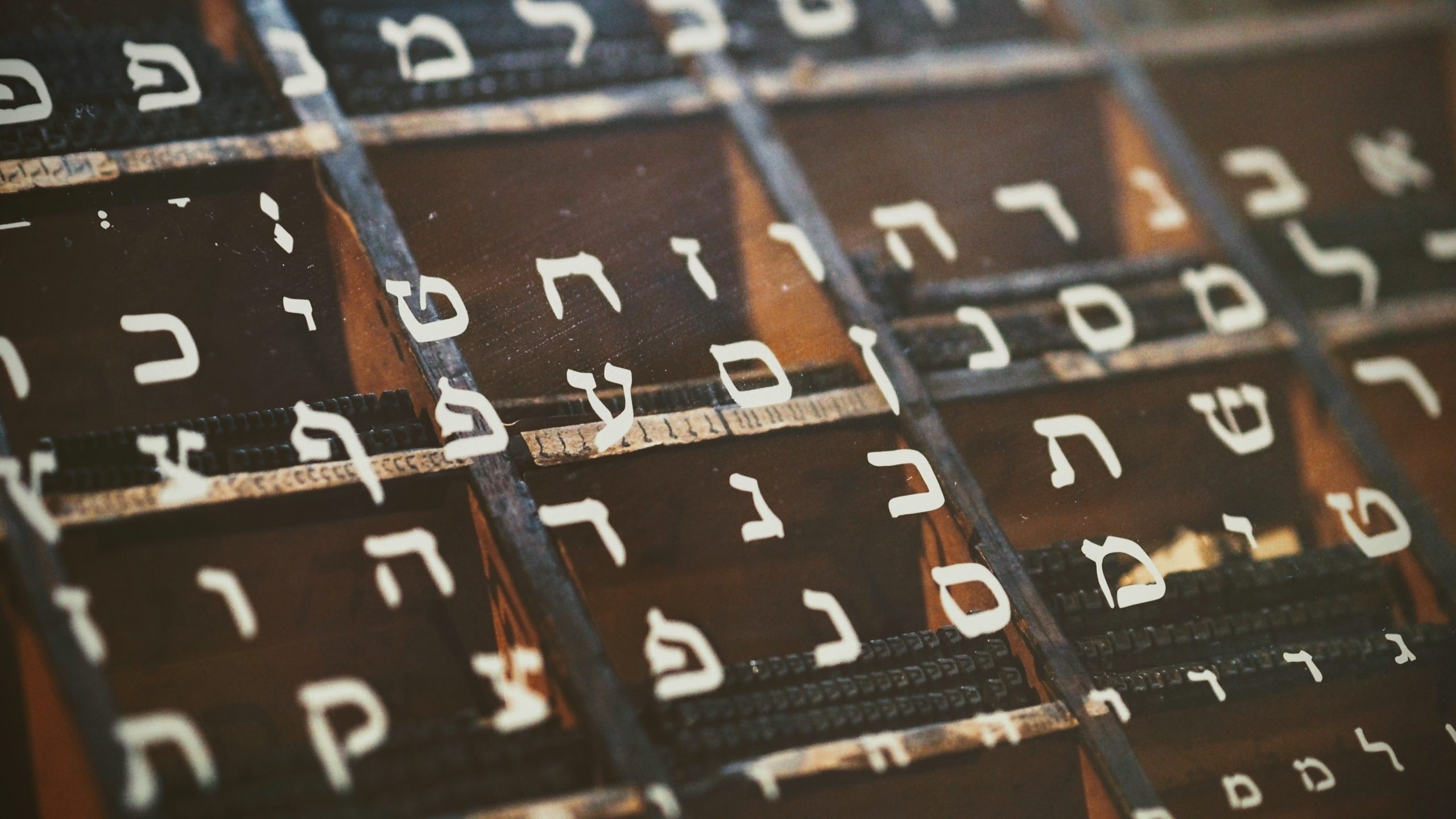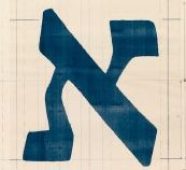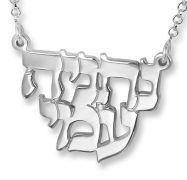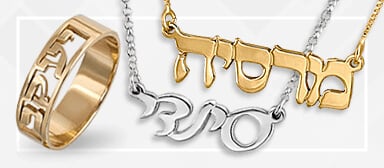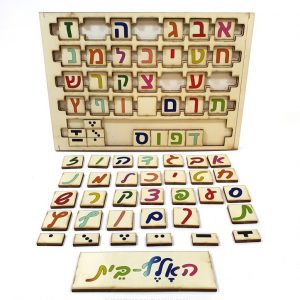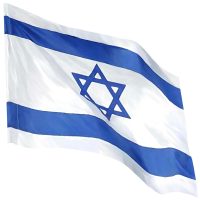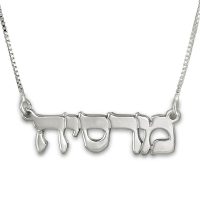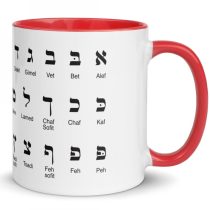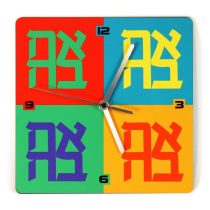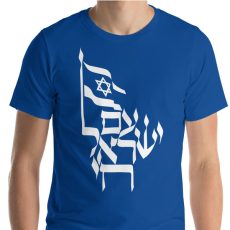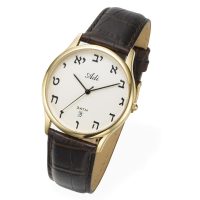Learn the Amazing Story of Modern Hebrew
In an effort to unite Jews from all over the world, Israel managed to do something that still amazes linguists: turning ancient, liturgical Hebrew into a modern language spoken every day by millions of people. Dive in to learn more about this incredible feat and how new Hebrew words are still being invented today!
(And for a fun look at some of the most interesting Modern Hebrew words and phrases spoken today, check out our Hebrew Slang post here.)
Hebrew has been a sacred language in Judaism for millennia – dating back to at least the 10th century BCE! – and was used to write the Torah, liturgy, and other religious and rabbinic texts. Jews around the world throughout history have used it for prayer, and rabbis and scholars used it to communicate with each other and write legal and religious works. But it hadn’t been used for everyday communication or spoken as a mother tongue since around the 2nd century CE, after most Jews were exiled from the Land of Israel.
Since then and until modern times, Hebrew was a stagnant language that didn’t evolve much, and didn’t have a considerable vocabulary outside of what was already in the Hebrew Bible or necessary for worship – certainly not enough to meet the needs of everyday life and communication.
All that changed with the modern Zionist movement, a man named Eliezer Ben-Yehuda, and the State of Israel that subsequently took on his work and legacy.
The Birth of Modern Hebrew
Eliezer Ben-Yehuda, a prominent figure in the Zionist movement in the 19th and early 20th century, was one of the strongest proponents of the idea that a return to Jewish sovereignty in the Land of Israel should be coupled with a revival and codification of Hebrew as a national spoken language.
Jews throughout the diaspora spoke many different languages and dialects – Yiddish, Ladino, Judeo-Arabic, Judeo-Persian, to name just a few – and had regional differences in the way they pronounced the Hebrew of their prayers and Torah study.
Ben-Yehuda believed that a standardized and modernized, spoken Hebrew language was key to unifying Jews from around the world and from these disparate linguistic traditions.
Being a scholar of Hebrew himself, Ben-Yehuda took on his own challenge and is credited with both reviving spoken Hebrew and convincing other Zionist figures, including Theodor Herzl, of its importance. He modernized the language, codified grammar and standardized pronunciation, created the first modern Hebrew dictionary, and even invented many new words using Hebrew roots and other Semitic languages to meet the needs of everyday life, like “electricity” (חשמל hashmal) or foods like “tomato” (עגבניה agvaniyah).

Show off your Jewish pride and your love of the Hebrew language with Israel’s famous Hebrew name jewelry – with options for every style and budget!
Hebrew in the State of Israel
Eliezer Ben-Yehuda died in 1922 and never got to see the birth of the State of Israel or a full, wide-scale adoption of his modern, spoken Hebrew language, but his legacy has lived on. Various Zionist organizations took on the work of teaching and spreading Hebrew throughout pre- and post-independence Israel.
Upon Israel’s founding, Modern Hebrew became the official state language, and the government invested greatly in efforts to teach and even aggressively push the language on the Jewish residents and newcomers. The leaders of a new country made up of refugees from all over the world saw the need to unite all Jews under a common tongue as an essential part of nation-building, just as Ben-Yehuda predicted.
The Academy of the Hebrew Language became an official government institution in 1953, and continues to set language standards, educate the public, and invent new Hebrew words even today.
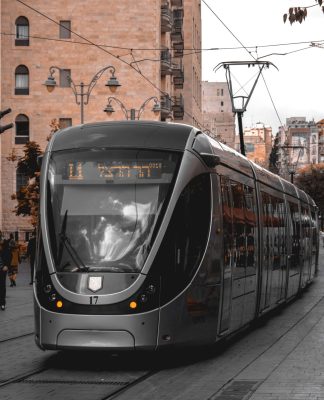
The efforts of Eliezer Ben-Yehuda and the early Zionist leaders were successful: Hebrew is today a modern, thriving language that is spoken natively by millions of people – something that has not been achieved with another ancient language before or since!
It’s the national language of Israel and has indeed been key to unifying Israelis and Israeli culture. It’s also studied by many Jews in the diaspora, and many synagogues and Jewish organizations around the world have adopted Israeli Modern Hebrew as their standard for Hebrew pronunciation even for liturgy and religious texts.
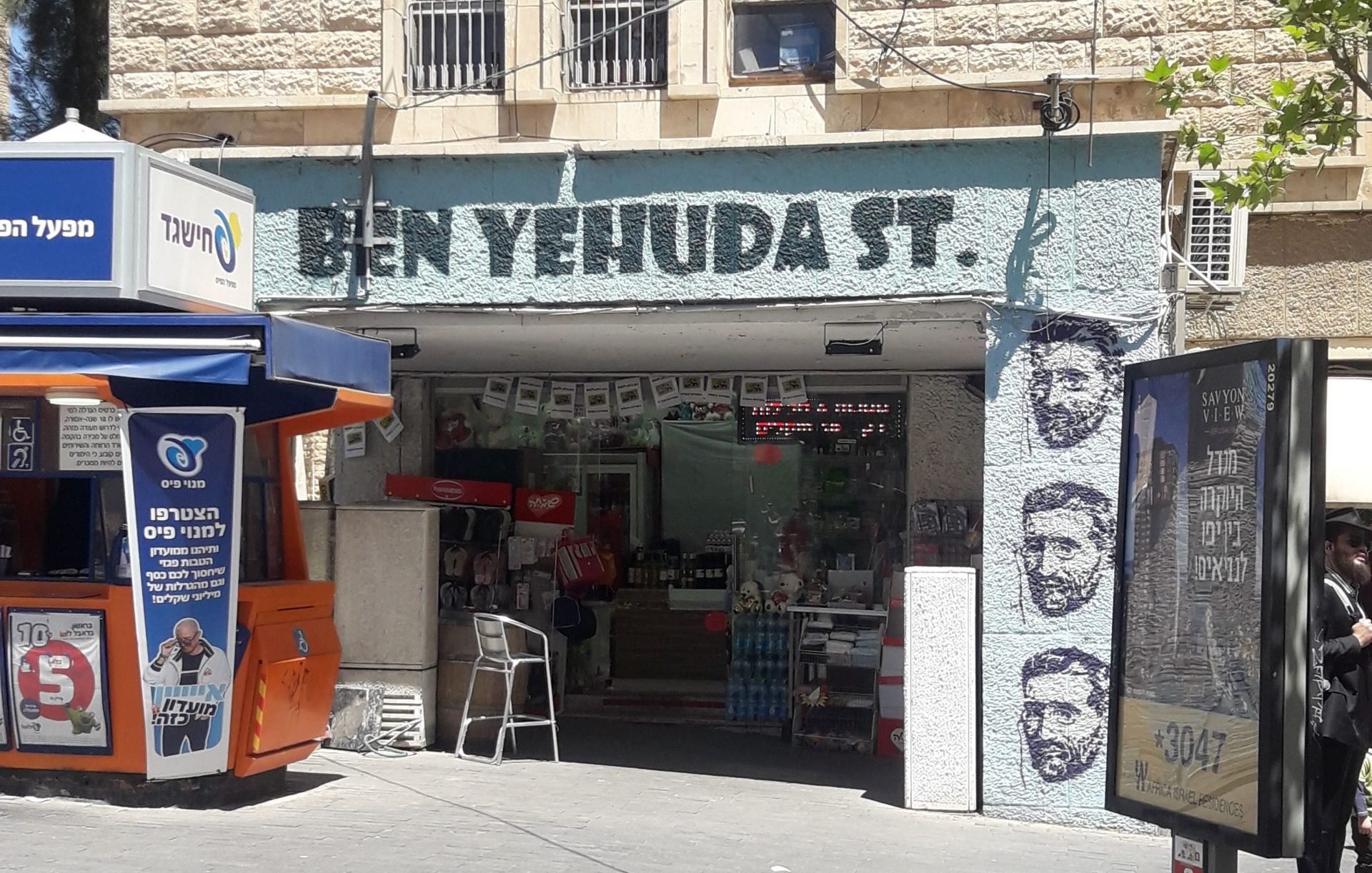
If you’re inspired by and want to show your support for the Zionist revival of Modern Hebrew, check out our wonderful array of Israeli-made gifts celebrating the Hebrew language!
We have a guide to the top Hebrew gifts too, as well as our ever-popular Hebrew name necklaces and celebrate Israel gifts.
Discover all the ways to express your love for the Hebrew language, with our fabulous Hebrew alphabet gifts – all lovingly made or designed in the Land of Israel!
